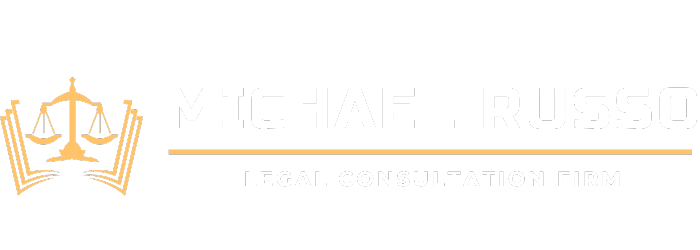Contracts are the foundation of any successful business relationship, setting clear expectations and protecting the interests of all parties involved. However, even minor mistakes in contract drafting or negotiation can lead to significant financial and legal consequences. Whether you are dealing with suppliers, employees, or business partners, understanding how to avoid costly contract mistakes can save you from unnecessary disputes and liabilities.
1. Clearly Define the Terms and Scope
One of the biggest mistakes in contracts is vague or ambiguous language. Every agreement should include a clear definition of the rights, responsibilities, and expectations of all parties involved. Unclear terms can lead to misunderstandings, disputes, and even legal battles. When drafting a contract, ensure that each clause is specific and leaves no room for misinterpretation.
2. Avoid Relying on Verbal Agreements
While verbal agreements may sometimes be legally enforceable, they are difficult to prove in a dispute. Always document business agreements in writing, even if the transaction seems minor. A written contract provides tangible evidence of the terms agreed upon and serves as a legal safeguard in case of disagreements or breaches.
3. Be Cautious with Boilerplate Contracts
Using generic contract templates without tailoring them to your specific situation can be risky. While boilerplate contracts can save time, they may not address the unique aspects of your business deal. Contracts should be customized to reflect the nature of the agreement, the parties involved, and any industry-specific legal considerations.
4. Outline Payment and Termination Clauses Clearly
Disputes over payment terms are among the most common contract-related issues. Ensure that your contract includes clear payment schedules, deadlines, late payment penalties, and conditions for refunds. Additionally, a well-defined termination clause is essential, specifying the conditions under which the agreement can be ended, the required notice period, and any financial penalties for early termination.
5. Address Dispute Resolution Mechanisms
No matter how well-drafted a contract is, disputes can still arise. Instead of relying solely on litigation, which can be time-consuming and expensive, include alternative dispute resolution (ADR) methods such as mediation or arbitration in your contract. These mechanisms provide a structured process for resolving conflicts without going to court.
6. Ensure Compliance with Legal Regulations
Business contracts must comply with local, state, and federal laws. Overlooking legal requirements can result in invalid agreements or regulatory penalties. If you are dealing with international contracts, be aware of jurisdictional differences and ensure that your contract aligns with the legal standards of all relevant regions.
7. Review Contracts Before Signing
Rushing into signing a contract without thoroughly reviewing its terms can lead to costly mistakes. It’s advisable to have a qualified business lawyer review the agreement to identify potential risks, ensure legal compliance, and confirm that your interests are adequately protected. Even small oversights can have long-term financial consequences.
8. Regularly Update and Amend Contracts
Business relationships and market conditions change over time, and contracts should reflect those changes. Regularly reviewing and updating agreements ensures that outdated terms do not create legal or financial risks. If circumstances change, consider amending the contract through written agreements rather than informal modifications.
9. Prioritize Confidentiality and Non-Compete Clauses
If your contract involves sensitive business information, include confidentiality and non-compete clauses to protect your proprietary data. Clearly define what information is considered confidential, how it should be handled, and the consequences of a breach. These clauses can help prevent former employees or business partners from using your trade secrets against you.
Avoiding costly contract mistakes requires diligence, attention to detail, and proper legal guidance. By taking proactive steps to ensure clarity, compliance, and fairness in your agreements, you can safeguard your business from unnecessary risks and disputes. If in doubt, consulting an experienced business lawyer can help you draft solid contracts that protect your interests and promote successful business relationships.







